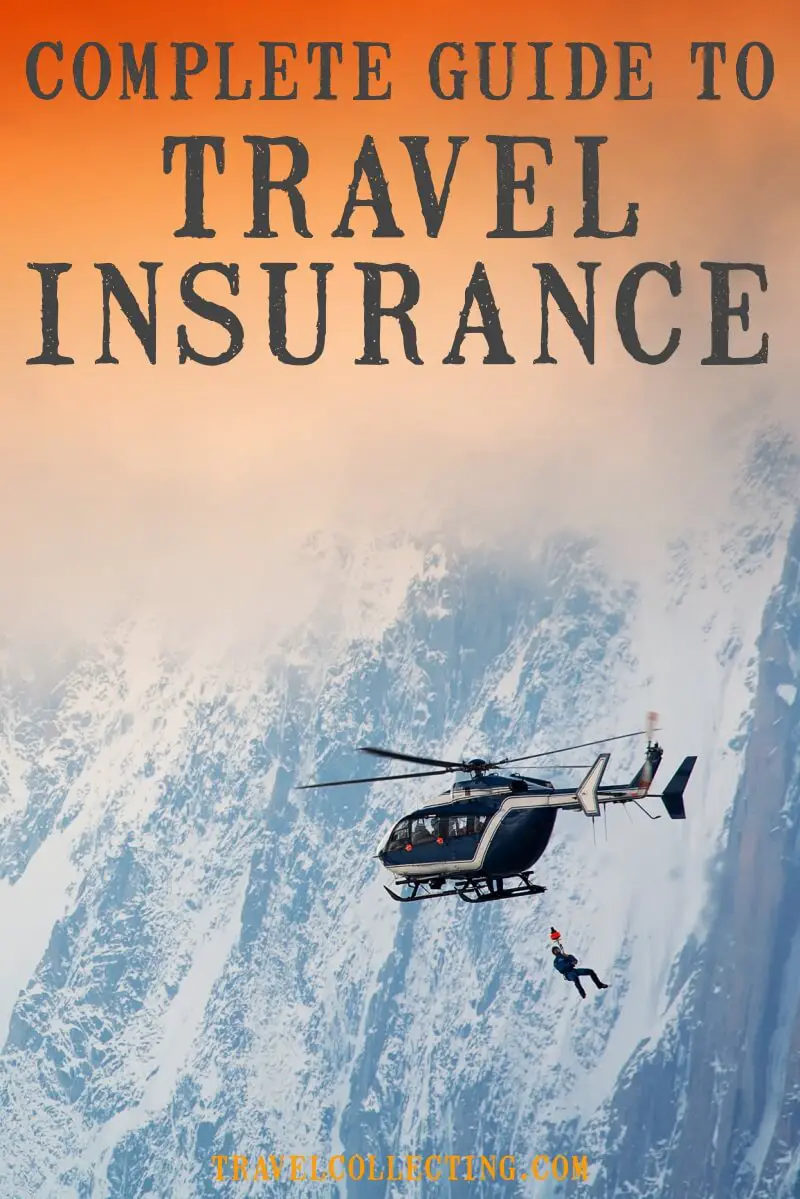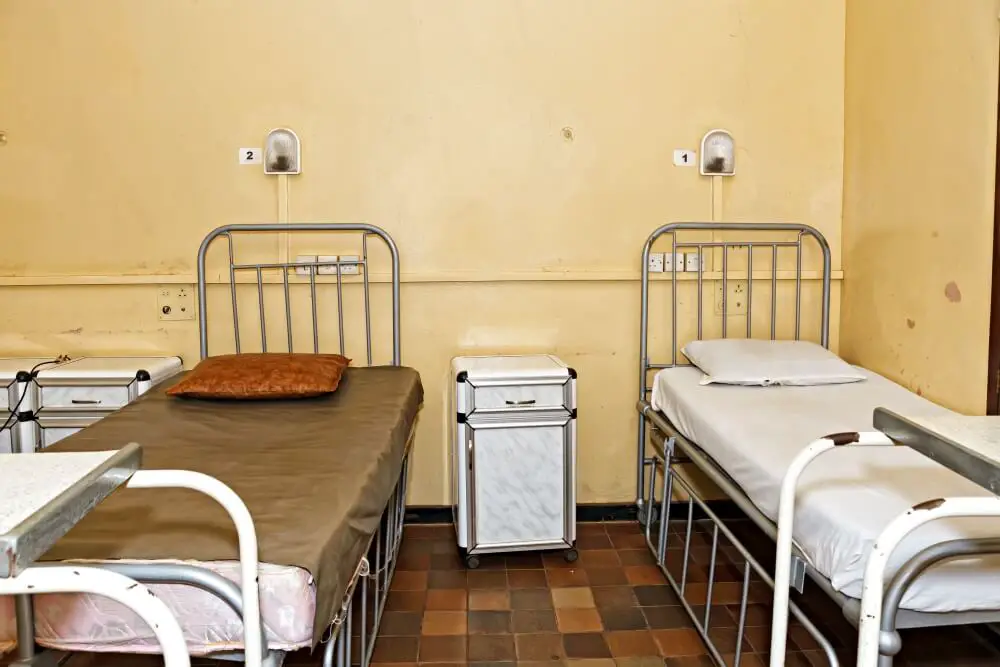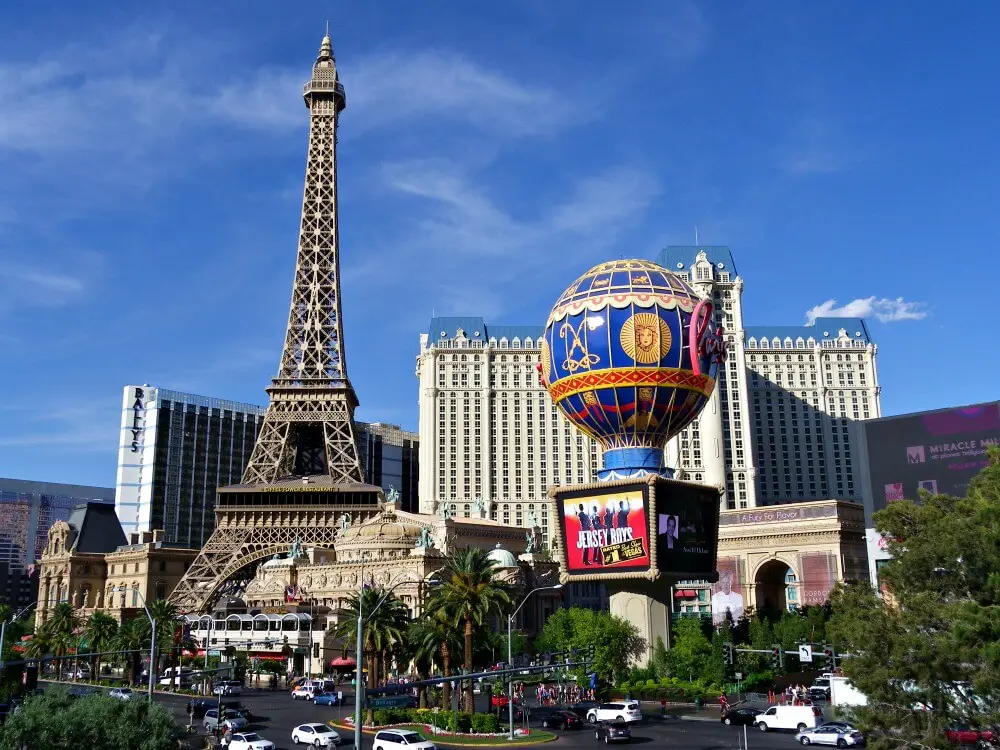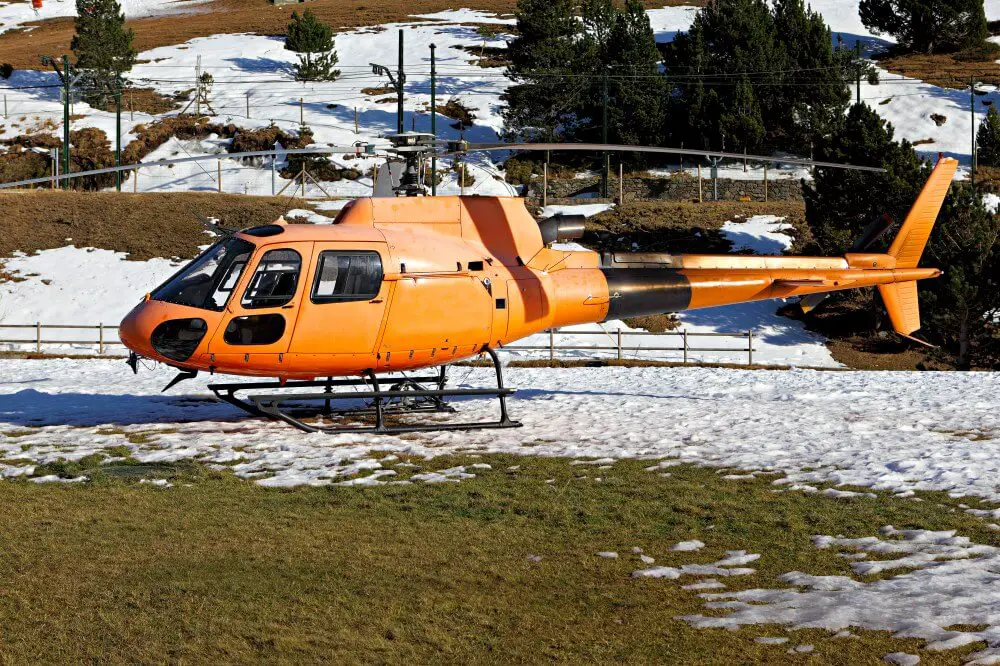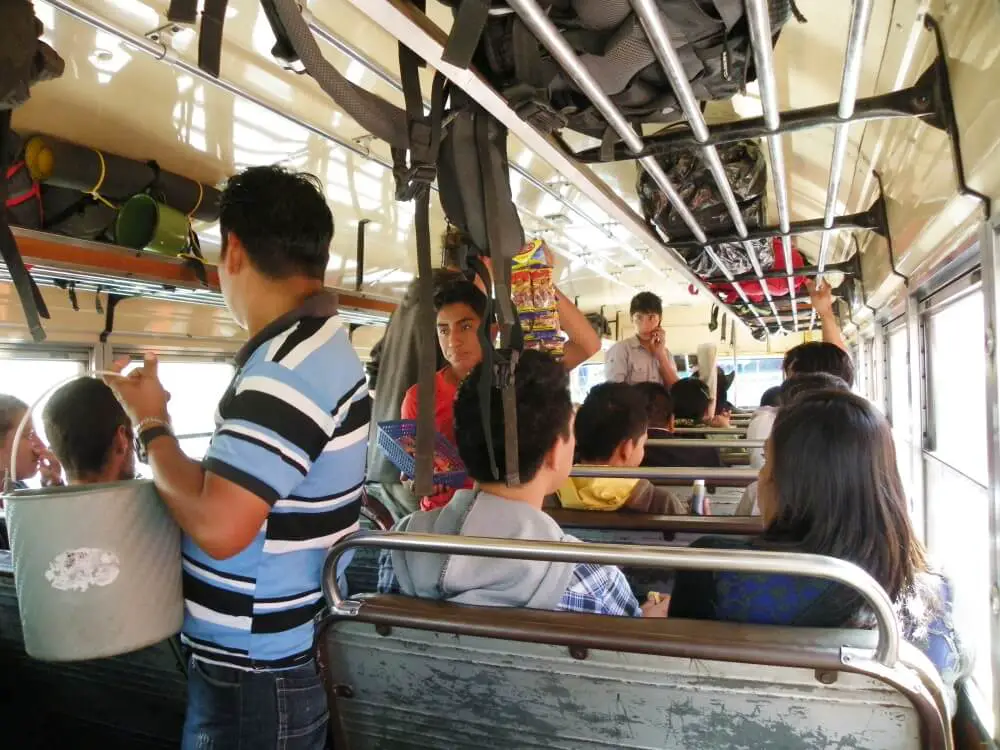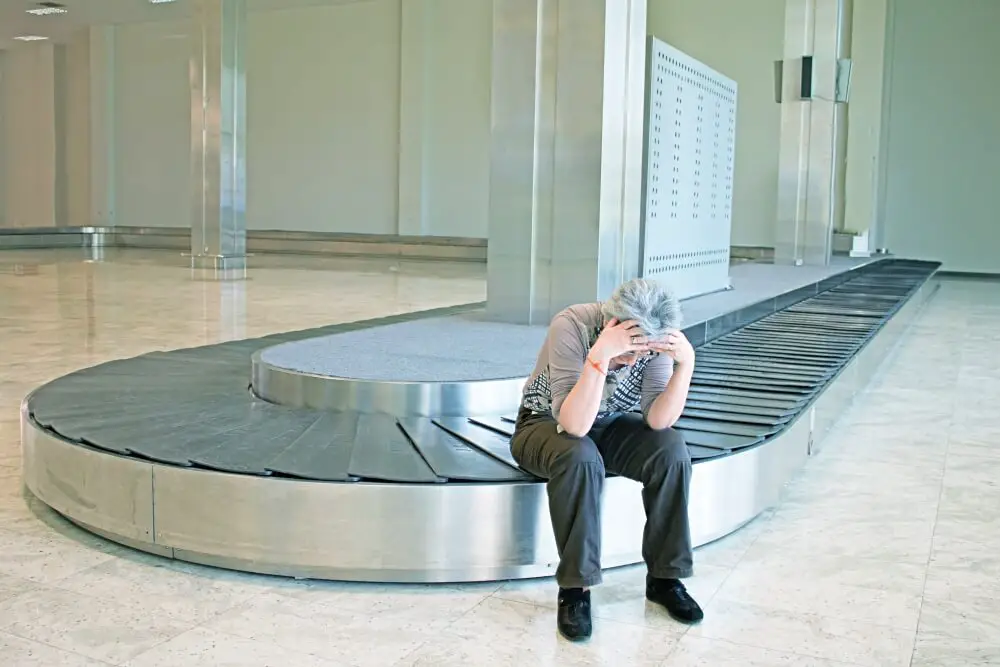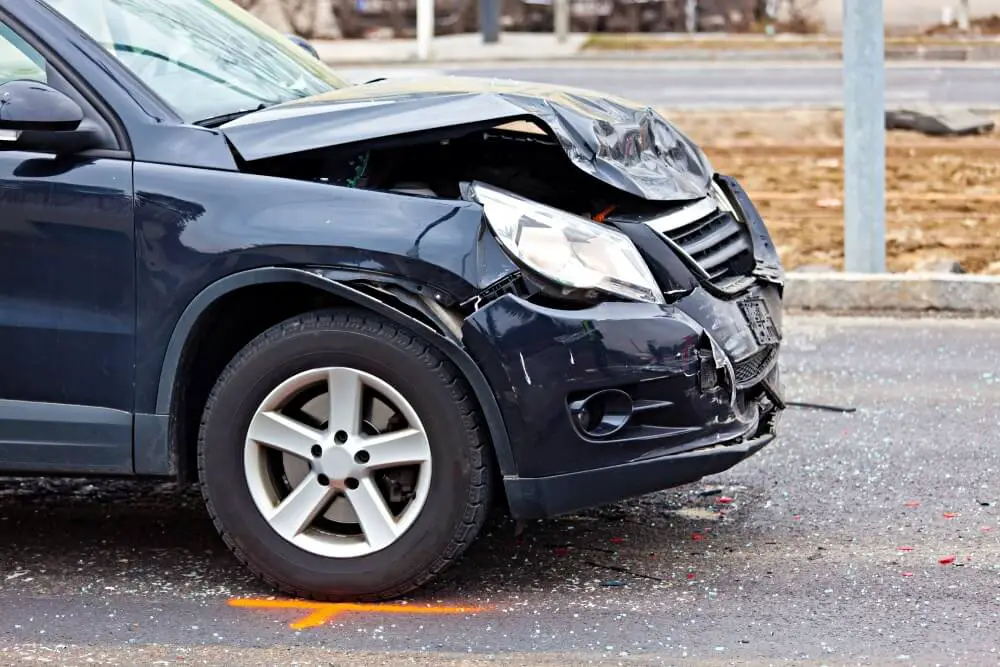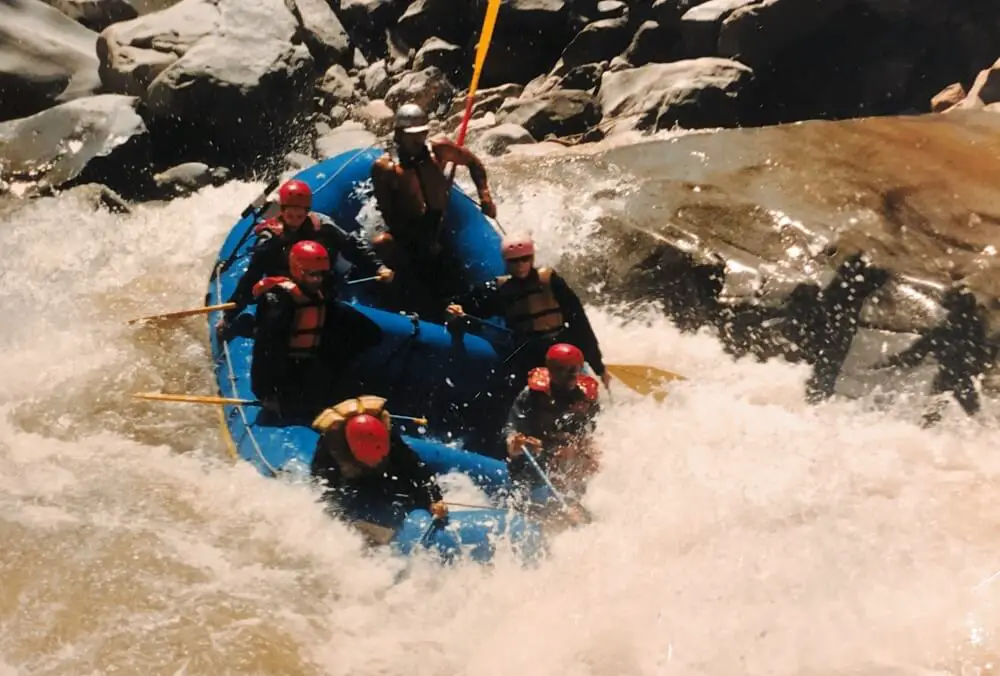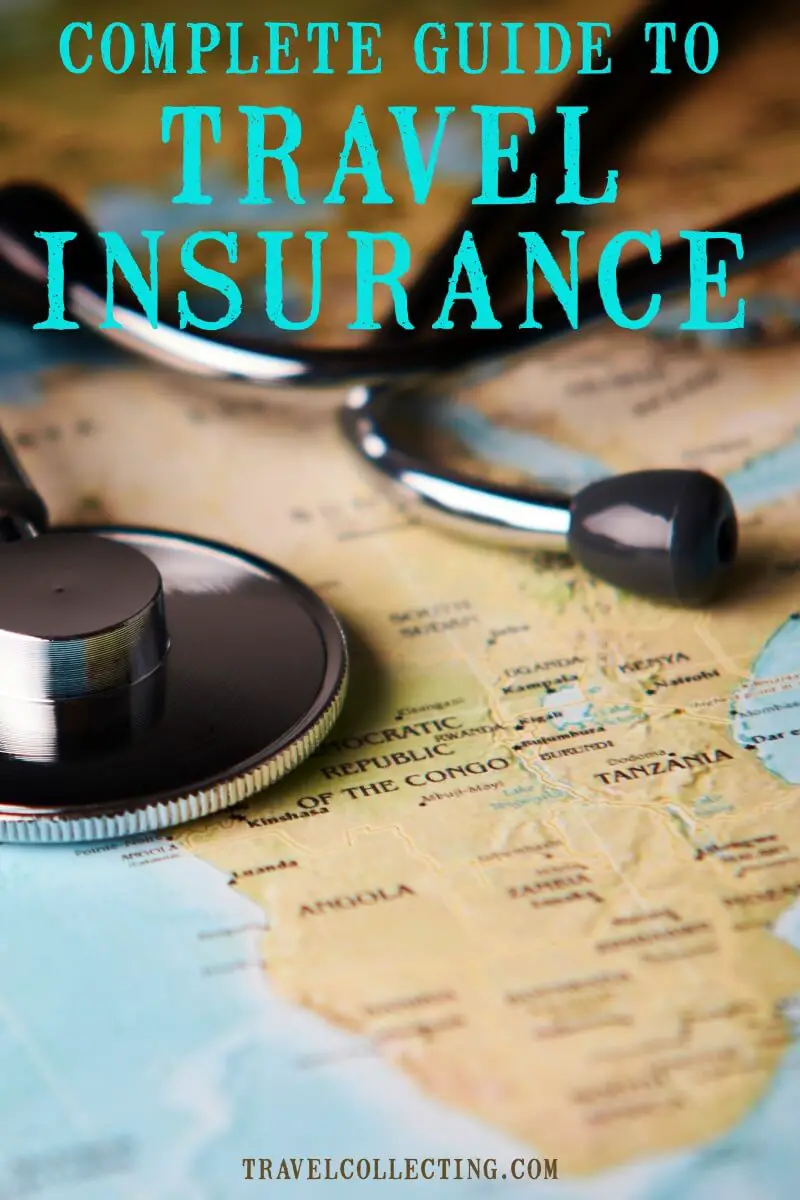What is travel insurance?
Travel protection insurance (also sometimes called vacation insurance) is special insurance that you buy to cover things that can go wrong when you travel. Overseas travel insurance provides insurance for traveling abroad, but domestic coverage is also available. It typically covers anything from lost luggage to emergency evacuation and health for serious medical emergencies. I describe the full range of things that can be covered in my Complete Guide to Buying the Best Travel Insurance below.
Please note that some of the links below may be affiliate links. At no additional cost to you I earn a small commission if you make a purchase. Read my Disclaimer for more information.
Why buying travel insurance is essential
International travel insurance is essential because in most cases, your regular insurance does NOT cover things connected to travel. So, if you get sick while you are travelling, your regular health insurance does usually NOT cover this. The last thing you want when you are sick in a foreign country is to worry about how you are going to pay for the trip to the hospital. If your luggage is lost or stolen, you want to be able to replace it without paying for it all over again.
I have traveled a LOT (80 countries so far) and I have only had to claim on travel insurance a few times – but those times I was VERY glad that I could.
On a recent trip my father took with his partner to visit me in the United States from Australia, his partner got sick and spent a week in a Las Vegas hospital. The bill was about $100,000. If she hadn’t had travel insurance, this would have been catastrophic.
Travel insurance is not something to skimp on!
What is the best travel insurance?
Not all travel insurance is equal. Sometimes your credit card may give you some coverage when you travel, but it may not be enough. Not all travel insurance covers everything you need covered and sometimes the amount of the coverage wouldn’t pay for a whole stay in a hospital if you end up there. You always need to check the small print to see exactly what is covered and for how much!
A great insurance option is Travelex. It has coverage for all you’ll need. You can compare Travel Insurance plans here or get a quote right now:
I have a full low-down on Travelex below, but first let’s look at all the things you need to think about when buying travel insurance.
How to choose the best travel insurance
You want to make sure you are getting the best trip insurance for your circumstances.
How much is covered (coverage limit)
You want your travel insurance coverage to be as high as possible so that you don’t need to worry about being landed with a large bill because your insurance didn’t cover the full cost of what happened.
What does travel insurance cover?
1. Emergency medical care (travel medical and accident coverage)
Most health care plans in the United States (and many other countries) do not cover medical care while you are outside the U.S. (or your home country). In fact, many also do not cover you when you are travelling out of state. If you are American and travelling out of state, check with your health care provider before you travel. If you are retired and covered by Medicare, you will want to check to see if you are covered for your trips.
Even if your regular health care insurance does work when you travel, read on to see what else is covered and why it’s a good idea to have it.
The best travel medical insurance covers injuries resulting from accidents and illness that happens when you are travelling. Check how much the coverage is. International travel medical insurance should cover at least one week in hospital. $50,000 at an absolute minimum, and a minimum of $100,000 if you are travelling to the United States.
Note that with travel insurance, pre-existing conditions are typically not covered, as it is designed for emergency health care coverage. If you have a pre-existing condition that may impact your travels, double check the small print.
Related expenses: When my father’s partner got very sick in Las Vegas when they were traveling from Australia, her travel insurance not only paid for her hospital care, but also for my father to stay in a motel near the hospital while she was there. Check if this kind of thing is covered – it will be in the best health travel insurance.
2. Emergency evacuation and repatriation
This is sending you evacuating from the scene of an accident to the nearest hospital, or from a foreign hospital home to your country for additional medical care. It is separate from emergency medical care.
Check exactly what is covered. Typically, it kicks in when where you are has inadequate medical care for your illness or injury or when it is ‘medically necessary’. It usually includes paying for a flight home as soon as you are OK to travel.
The cost of evacuations on a medical helicopter or flight with medical staff can get very expensive, so always check the amount of coverage for this. It should be $100,000 at an absolute minimum.
3. Stolen, lost or damaged possessions (theft and loss coverage)
This covers your belongings, such as your bags, documents, cameras, etc. You will normally need to provide proof of purchase/ ownership and will often need to file a police report within 24 hours in order to make a successful claim.
I had my camera stolen when I was mugged in Spain and my bag stolen on a train in Egypt and had to file a police report both times. It was pretty easy, though waiting in a police station isn’t necessarily exactly how you want to spend your time when you are on vacation. Still, it’s worth it to get the value of the stolen property back.
Cash is typically covered in limited circumstances only, such as when it is stolen when you are carrying it.
4. Electronics
Electronics such as cell phones and laptops are often not included in standard coverage. However, some insurance coverage has an option to pay extra for supplemental electronics insurance. Check the small print.
Another thing that is worth checking is coverage that you may have bought when you bought your cell phone or laptop. I was pickpocketed in Guatemala and had my iPhone stolen, but I actually had theft insurance through my cell phone company, so got a replacement through that.
5. Trip cancellation insurance and trip interruption insurance
Sometimes you may have to cancel a planned trip or cut a trip short (interruption) because of an emergency such as a sudden illness or death in the family. Travel cancellation insurance and travel interruption insurance cover things like hotel bookings, flights, and other transportation bookings.
Be prepared to provide a death certificate or medical note to verify the event.
Airlines do offer this kind of insurance when you book with them, but generally flight insurance that you get through the airlines is not the best trip cancellation insurance in terms of cost and coverage. Instead, I recommend getting your flight travel insurance from a travel insurance specialist.
6. Baggage/personal item loss and delay
Airlines lose luggage. All the time. I used to work as a purser on a cruise ship and every single cruise there were at least half a dozen people whose luggage did not arrive on board with them – lost by the airline. Most of the time it is found and is reconnected with its happy owner in a day or two (or three). In those three days, you will need to buy some toiletries if you didn’t pack them in your hand luggage, a change of clothes, etc. That’s where the ‘delay’ portion of this coverage kicks in.
There are also occasions when the luggage disappears forever, and this is the “loss” section. The coverage should be enough to cover the replacement of your lost luggage. Always keep your electronics on your hand luggage BTW!
7. Emergencies or strife in the place you are visiting that cut your trip short
This is different from trip interruption coverage, even though both result in an interrupted trip. Always check carefully exactly what is covered here. War breaking out, natural disasters and other things can be excluded from some coverage. Civil unrest may make a place unsafe, but if your government didn’t officially declare the region unsafe, the insurance company may not consider it unsafe. Remember that the insurance company will need proof before they are willing to pay out money.
Fortunately, I’ve never had to make a claim for this (though I did stay in a hotel room with a bullet hole in the window in Nairobi once, many years ago).
8. Bankruptcy
Theirs, not yours. This is coverage to get you home if you are stranded somewhere because the tour or transport company you booked with goes bankrupt.
9. Rental car damage waiver (CDW)
Covers loss and damage of a rental car. This is always an option you can buy when you rent a car, but can often double how much you pay. Some regular travel insurance includes this option.
10. Medical coverage for dangerous or “extreme” activities (e.g. scuba diving, white water rafting or helicopter tours)
General travel accident insurance does not cover ‘extreme activities’, but it is possible to get extra coverage for many activities by paying an additional premium. However, not all insurance companies offer the supplement. If you are planning to do anything at all that could be considered “extreme”, check the small print of the insurance and check what is excluded, then see if they have a supplement you can pay to cover it.
Where is covered
If you are buying travel insurance in the United States, travel insurance generally covers most countries in the world. If you are buying it somewhere else, this is not usually the case. Instead, the rates/ amount you pay varies depending on what region of the world you are traveling to.
If you are from another country and travelling to the U.S., you will want the best travel insurance for USA. Because health care is most expensive is the United Sates, travel insurance that covers you to travel to the United States is the most expensive. I know this from when I was in Australia buying travel insurance for various trips. Now that I live in the U.S. there is nowhere else more expensive for insurance than right here, so all travel insurance covers everywhere else for the same price.
Always check that where you are traveling to is covered by the insurance you take out.
How they will help you
You want to have 24/7 worldwide assistance (in your language). You paid good money for insurance and will only need to use it when something has gone wrong when you are in an unfamiliar environment. Having someone who can help you exactly when you need it is essential. You don’t want to be told to call back later when you need to find a doctor in an emergency!
How to make a claim
‘Making a claim’ is asking the insurance company to pay for an event that is covered under your travel insurance policy. There are different ways to do this. Can you do it just on the phone? They will usually require some evidence before they pay money, but sometimes if you give them a hospital phone number, they will call and make the arrangements directly with the hospital.
Sometimes you can fill in a claim form online (which is especially good if you are on a long trip). Other times you will need to wait until you get back home to file a claim.
Note that you always need to provide proof that the event actually happened, e.g. the hospital bill, police report, etc.
How they will pay you
Always check this. Some insurance policies require you to pay upfront and them they reimburse you. Some require you to try and use your other insurance first and they will pay for the difference. Some will pay everything upfront directly to whoever needs to be paid (the doctor, the airline, etc.).
What’s not covered
1. Deductible
There is usually a small amount of money that you will need to pay before the insurance kicks in. This is the ‘deductible’. Check how much this is.
2. Carelessness or recklessness
e.g. being careless with your bags.
3. Non-emergency medical conditions
This includes general check-ups and minor illnesses like a cold.
4. Injuries from doing “extreme” adventure activities
Unless you got the extra coverage (see above).
5. Injuries incurred while you were drunk or under the influence of drugs
How much is travel insurance?
The cost of insurance is called the premium. The premium you pay will depend on several factors including:
- How old you are
- Where you are traveling to (maybe)
- How long you are travelling for
- The amount of coverage (many insurance companies offer different levels of coverage at different prices)
- What’s included in the coverage, including any extras
Where to buy travel insurance?
If you are wondering how to get travel insurance, well, that part is easy. You can easily purchase travel insurance online.
What’s the best international travel insurance?
There are lots of options and what the best is can vary depending on your needs. I like Travelex. You can compare Travel Insurance plans with Travelex here or get a quote right now:
Some other reasons I love Travelex:
- They specialize in travel insurance, so they have greater expertise and nuanced interest in travel than many larger general insurance companies.
- They are backed by reputable insurers which can give you comfort of mind. They’ve been around for over 25 years!
- Many activities that are considered “adventure” activities under other insurance plans are included in their basic plans. This includes scuba diving, kayaking, bungee cord jumping, skiing, canyoning, river rafting, snorkeling, horseback riding, and hiking. For extreme sports and air activities like mountain climbing, sightseeing by helicopter, and learning to fly, they have optional additional coverage you can buy.
- Travelex’s mission is to be a globally recognized travel insurance provider with heart. Their highly personalized and customizable coverage helps them achieve this.
- They provide helpful information on travel health and safety, travel tips and family travel.
- They offer 24/ 7 global assistance, so if you need them, you can get in contact with them. This not only includes making a claim, but also includes interpretation services, legal assistance and emergency cash transfers.
- World Nomads provides travel insurance to travelers from all over the world.
Choose the best travel insurance plan for your trip here or get a quote right now:
Stay safe!
Do you have any other travel insurance tips? I’d love to hear them. Comment below.
If you liked this post, please share the love and Pin it to your Travel Tips board!
About the author

James Ian has traveled to 82 countries and all 7 continents. He is passionate about experiential travel, i.e. meaningful travel that actively engages with the environment and culture. He helps people have similar experiences that involve active participation in activities and festivals; engaging with the local food and handicrafts through lessons and food tours; and interacting positively with environment by hiking, riding, rowing, diving and low/no impact animal encounters.


